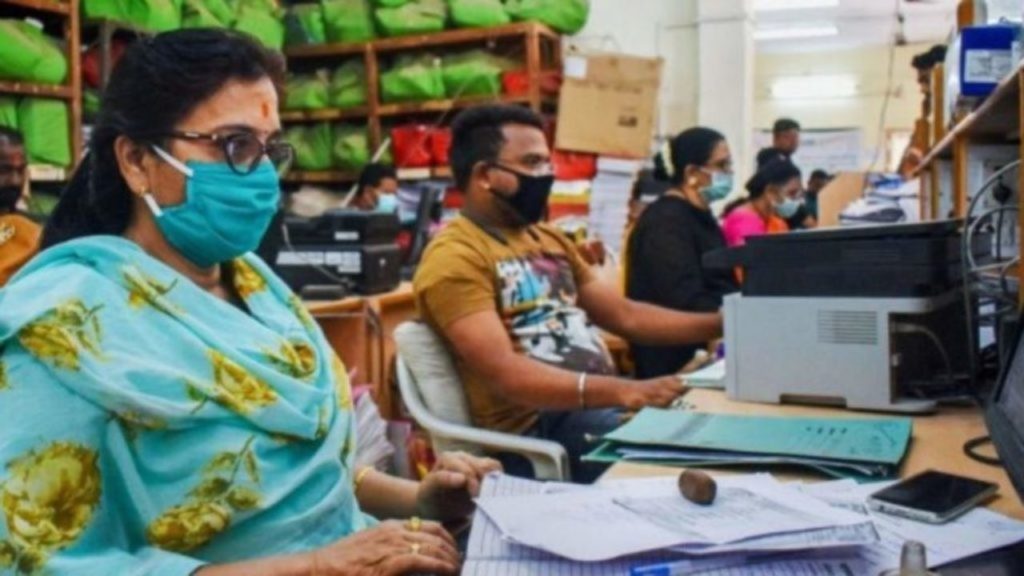
Amidst the ongoing two-day nationwide bank strikes, conducted by bank unions and employees, opposing the finance ministry’s decision of privatising two more public sector banks besides IDBI Bank in the upcoming fiscal year, FY22, the Government’s policy think tank Niti Aayog has listed all the PSBs eliminated from the privatisation drive.
The government had undertaken a massive consolidation drive in August 2019, merging 10 public sector banks (PSBs) into 4, bringing down the total count from 27 to 12.
While the government is yet to take a call on the two PSBs and one general insurer to be privatised in FY22, the Niti Aayog has recommended eliminating PSBs in their last round of consolidation and SBI from the privatisation plan.
PSBs Not Participating in the Privatisation Drive
As per the suggestion of Niti Aayog, the banks currently undergoing last rounds of consolidations, along with SBI shall not be included in the privatisation plan.
These include PNB, Union Bank, Canara Bank and Indian Bank, and Bank of Baroda, besides SBI.
‘The Department of Investment and Public Asset Management will now take the proposal to a group of ministers’, states ET.
Reason Behind Exclusion of These Banks
In her Union Budget speech on February 1, FM Niramala Sitharaman announced the government’s plan to conduct privatisation of two more public sector banks, besides IDBI Bank, along with one insurance company, in the upcoming financial year FY22.
The privatisation process will be a part of the government’s disinvestment drive of Rs 1.75 lakh crore.
The Niti Aayog has recommended excluding the public sector banks that were part of the consolidation exercise, along with State Bank India, from the privatisation process.
As per the consolidation exercise in 2019, ten PSBs were merged into four:
- Oriental Bank of Commerce and United Bank of India were merged into Punjab National Bank,
- Allahabad Bank and Indian Bank,
- Syndicate Bank and Syndicate Bank, and
- Andhra Bank and Corporation Bank with Union Bank of India.
While bank mergers came into effect in FY2020, banks are yet to complete their integration process. Consequently, including these banks in the privatisation drive shall turn out to be disruptive.

Comments are closed, but trackbacks and pingbacks are open.